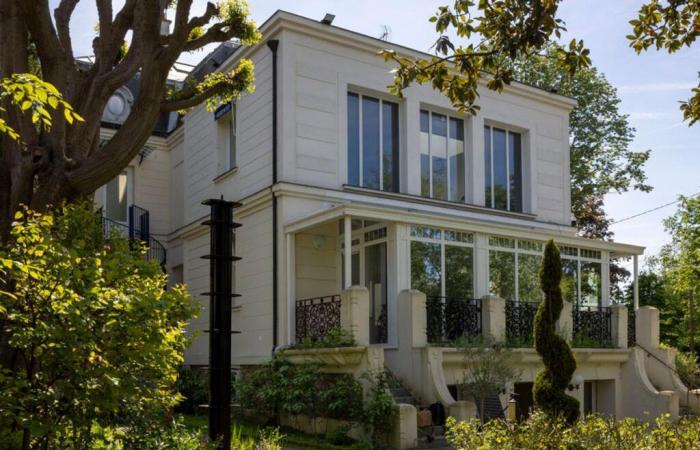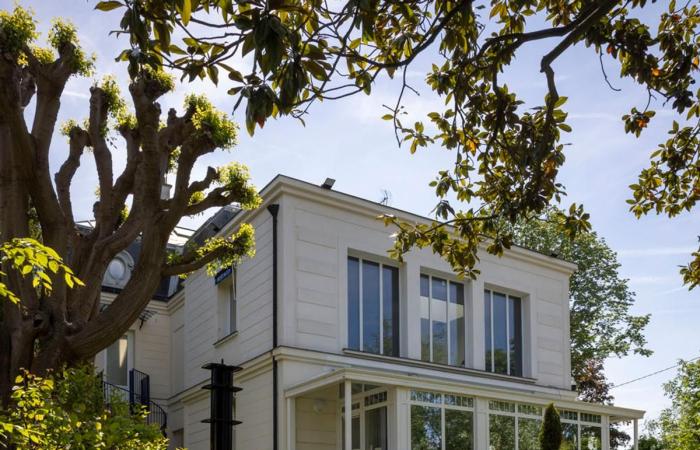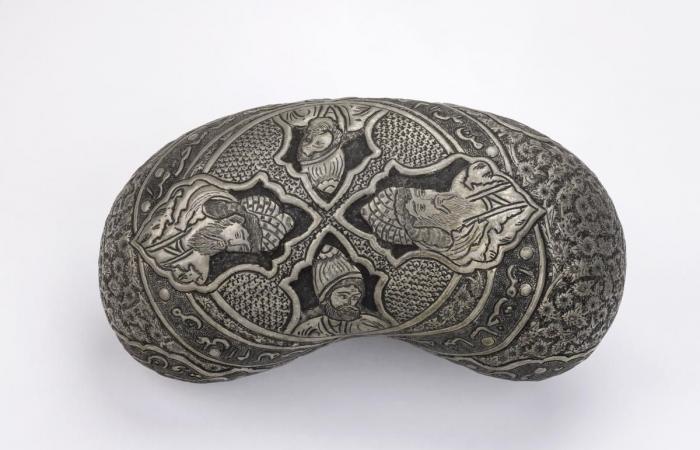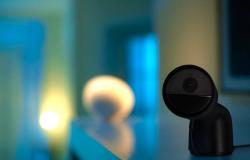Among Sufis, contact with God comes through Art, song or trance. In Chatou, this mystical path of Islam can be discovered in a museum… planned for half a century!
Photo Jean-Yves Lacôte
By Emmanuelle Chaudieu
Published on November 1, 2024 at 4:00 p.m.
C‘is in impressionist land, on the banks of the Seine, in Chatou, in Yvelines, popular in the 19the century by Renoir, Monet and others, that the MTO Museum of Sufi Art and Culture opened its doors at the end of September, bringing to fruition a project carried out by the Maktab Tarighat Oveyssi (MTO) Shahmaghsoudi school of Sufism for several decades. “The project to dedicate a place to Sufi culture dates back to the 1970s,” recalls Alexandra Baudelot, the director of the museum. Who specifies that Sufism “is the mystical, esoteric branch of Islam” ; it is based on self-knowledge.
Music, poetry, painting, architecture, calligraphy…
Installed in a 19th century mansione century beautifully restored – the original elements, such as the cornices of the walls and ceilings, the mosaic tiles, the neoclassical pediment and the ultramarine blue of the ironwork of the facade, have been preserved – the museum highlights the links between the principles of Sufism and art in all its forms: music, poetry, painting, architecture, calligraphy… Some seventy objects are presented in the permanent collection, starting with certain pieces of high symbolic value, such as these two khirqa, name of the mantle transmitted between Sufi masters, or this series of kashkul, Persian term for alms bowls. ” THE kashkul are very representative of Sufi culture, notably dervishes, explains Alexandra Baudelot. Formerly used as bags, they have become ornamental objects. »
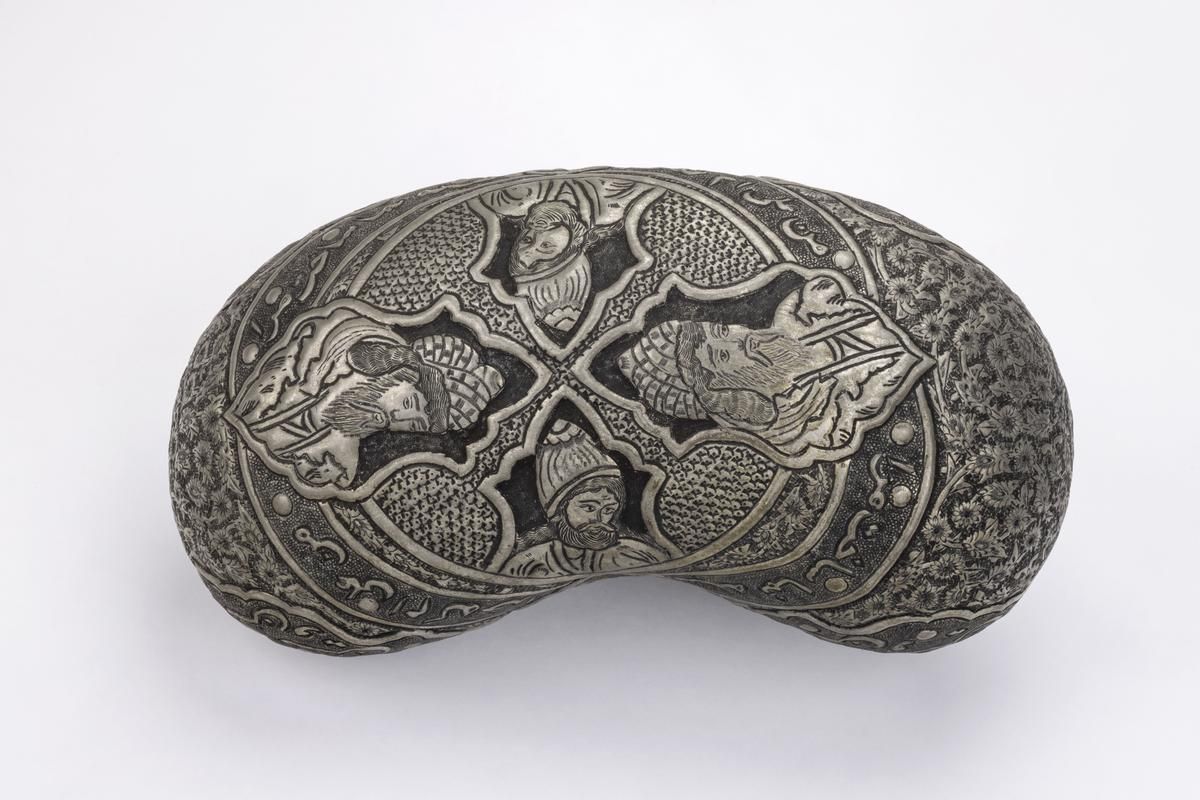

An alms bowl used by dervishes, the kashkul is found in two examples at Chatou. Photo Jean-Yves Lacôte/Courtesy of Musée d’Art et de Culture Sufis MTO
Another key element of the visit: the reconstruction of an Iranian office from the 1970s, filled with objects that belonged to Hazrat Shah Maghsoud, the forty-first master of the MTO school, at the origin of the project for this museum. Died in 1980, the latter appears, through the magic of the hologram, to teach a lesson on tawhid (uniqueness).
A place for contemporary dialogue
The museum also aims to be a place of dialogue between the principles of Sufism, and today's culture and art; one dimension ” fundamental “, underlines the director. Thus, the inaugural exhibition, “An Inner Sky”, presents works that resonate with Sufi spirituality, signed by seven contemporary artists. Among them, the Iranian Monir Shahroudy Farmanfarmaian, whose drawings and cut glass mosaics were influenced by the architecture of the Shah-Tcheragh mosque in Shiraz; the Thai Pinaree Sanpitak, who revisits the symbolic in her paintings kashkul ; or the Zimbabwean Troy Makaza, whose colorful works, based on woven silicone, explore the transformation of the elements and the symbolism of plants, important themes in Sufism.
Also read:
Walk in Yvelines, along the Seine, between shores and villages
A very natural transition to end the visit through the garden, a mix of Western style and Persian influence, and particularly conducive to a meditative stroll.
MTO Sufi Art and Culture Museum, 6, av. des Tilleuls, Chatou (78).
Open Wed.-Fri. 11 a.m.-6 p.m., Sat. and Sun. 10 a.m.-6 p.m.
Exhibition “An Interior Sky” until April 6, 2025. €5-9.
Chronologie Express
VIIe century
Birth of Sufism and the Maktab Tarighat Oveyssi school.
1970s
The idea of creating a museum dedicated to Sufi art and culture was born under the leadership of Hazrat Shah Maghsoud, master of the MTO school.
2010
Purchase of the private mansion in Chatou.
2021
Appointment of a scientific committee for the drafting of the museum's scientific and cultural project.
2024
Opening of the MTO Sufi Art and Culture Museum.

